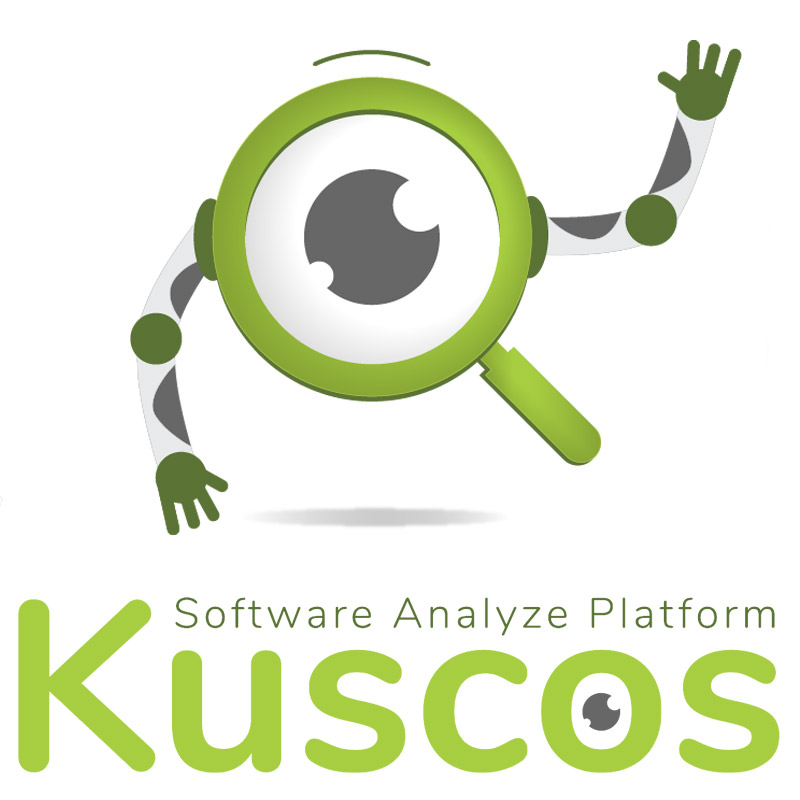After our previous post (Did you know Kuscos can help prevent for a crisis), the feedback has been overwhelming and as we have had some relevant questions here is part 2 on how Kuscos can help in a crisis.
In the Covid-19 era, organizations have realized, unfortunately the hard-way, the paramount importance of “crisis management” and “emergency management”. Indeed, we are all starting to familiarize ourselves with such terms and associated methodologies.
Typically, crisis management largely depends on our ability to anticipate worst-case scenarios, be constantly alert and have in place appropriate responses and contingency plans.

However, the Covid-19 pandemic has taught organizations several new lessons that should drive future crisis management strategies and methodologies:
- risk factors are much wider than we ever thought – for instance, who was able to anticipate and plan for such a world-wide lockdown?
- the ability to detect, at a very early stage, a wide variety of signals that can lead to a crisis, and, simultaneously, to timely prevent such crisis events or to contain their escalation is a very critical success factor.
- software technology is at the core of modern organizations. However, with respect to crisis scenarios, its impact is twofold: firstly, technology can help organizations to recover from a crisis at a pace that we could not imagine a few years ago. The current case of “work from everywhere” scenario clearly demonstrates what modern technology is capable of. In contrast, software technology is nowadays, by itself, a very critical risk and crisis cluster. A failure in just a single line of source code can lead to seismic effects. Organizations that fail to recognize this dimension of technology have simply not learned their lesson yet.
- existing governance structures and related processes do not suffice for effective crisis management. The existing organizational environments are extremely complex and, therefore, fact-based, timely decision-making is very hard to achieve. In our view, there is a missing piece in the existing crisis-related practices: the availability of high-quality, relevant facts and first-class knowledge management capabilities are a crucial pillar in all aspects of crisis management, i.e. crisis detection and prevention, containment, and post-crisis recovery.
At Morphis Tech we have been working in software intelligence and source code knowledge management for more than a decade. Anticipating that software technology would become “the world’s new brain”, our mission has been to deliver integrated solutions that allow organizations to extract and systematize the facts and knowledge hidden in their software assets, including the ability to timely identify critical issues and red-flags.

Kuscos, our flagship platform, performs a comprehensive analysis of software source code and of associated data repositories and provides concrete facts and explicit knowledge regarding a number of critical aspects, for instance:
- hot-spots and bad-smells that are hidden “under the rug”;
- critical modules and “critical” people that constitute a risk for the organization;
- a comprehensive list of system’s internal and external dependencies, e.g. external API’s and use of open source code, thus capturing the overall impact and side-effects of malfunctions in any part of the codebase;
- a full set of software metrics, thus allowing to better anticipate, predict and quantify the projects’ implementation risk and the live systems’ operational risk.
Ultimately, Kuscos delivers a holistic, facts-oriented documentation and knowledge repository of an organization’s software source code and data landscape, which enables organization-wide knowledge-sharing, much more efficient and effective decision-making and increased levels of software quality and reliability.
In essence, Kuscos allows for performing a timely diagnosis, improves control, reduces uncertainty and increases predictability. After all, isn’t that what crisis management is about?




